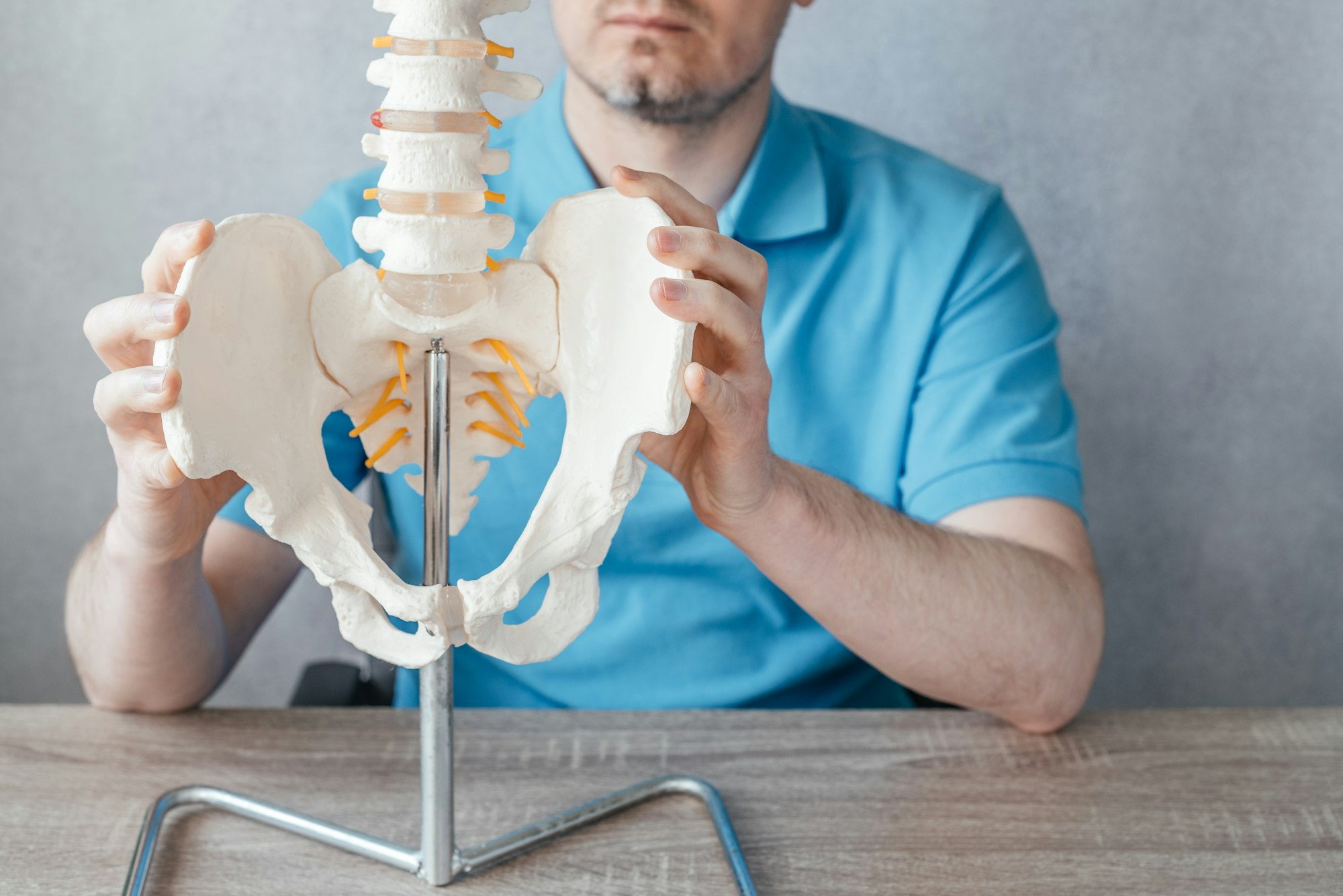Hip Replacement
Hip Replacement details
Our skilled orthopedic surgeons have extensive experience in performing hip replacement surgeries, utilizing the latest techniques and technologies to ensure the best outcomes for our patients.
Features
Medical Evaluation: A comprehensive evaluation is conducted, including medical history, physical examination, and imaging tests like X-rays or MRIs to assess the extent of hip damage.
Preoperative Instructions: You will receive detailed instructions on how to prepare for surgery, including fasting guidelines, medication adjustments, and pre-surgical exercises to strengthen your body.

2. Anesthesia: Before hip replacement surgery, you will meet with an anesthesiologist to discuss the type of anesthesia to be used, which could be general anesthesia (you are asleep during the procedure) or spinal/epidural anesthesia (you are awake but numb from the waist down)
3. Surgery
- Incision: A small incision is made over the hip area to access the joint. The size and location of the incision depend on the type of hip replacement procedure being performed.
- Removal of Damaged Bone and Cartilage: The surgeon carefully removes the damaged sections of the hip joint, including the femoral head and the worn-out cartilage.
- Implantation: The new artificial components (prosthesis) are inserted into the hip. These components typically include a metal or ceramic ball, a metal stem that fits into the thigh bone, and a plastic, metal, or ceramic socket that replaces the damaged socket in the pelvis.
- Alignment and Fixation: The new hip joint is carefully aligned and securely fixed in place. The surgeon ensures that the components fit perfectly and function smoothly.
- Closing the Incision: The incision is closed with stitches or surgical staples, and a sterile bandage is applied to protect the wound.
4. Postoperative Care
- Recovery Room: After surgery, you will be moved to a recovery room where your vital signs will be closely monitored as you wake up from anesthesia.
- Pain Management: Pain medications and other treatments are provided to manage post-surgical pain and ensure your comfort.
- Physical Therapy: Early mobilization is encouraged. A physical therapist will assist you with gentle exercises to begin regaining movement and strength in the hip.
5. Postoperative Care
- Recovery Room: After hip replacement surgery, you will be moved to a recovery room where your vital signs will be closely monitored as you wake up from anesthesia.
- Pain Management: Pain medications and other treatments are provided to manage post-surgical pain and ensure your comfort.
- Physical Therapy: Early mobilization is encouraged. A physical therapist will assist you with gentle exercises to begin regaining movement and strength in the hip.
6. Rehabilitation
- Rehabilitation Program: A tailored rehabilitation program is developed to help you regain full function and mobility. This may include exercises, physical therapy sessions, and guidance on activities to avoid during recovery.
- Follow-up appointments: Regular follow-up visits are scheduled to monitor your progress, check the healing of the incision, and ensure that the hip joint is functioning correctly.
7. Home Care Instructions
- Discharge Plan: Before being discharged, you will receive instructions on how to care for your hip at home, including wound care, activity restrictions, and signs of potential complications.
- Support and Guidance: Our medical team is always available to answer any questions and support your recovery journey.
At Bhuvana Hospital, we aim to ensure a smooth and successful hip replacement procedure, enabling you to return to your daily activities with improved mobility and a better quality of life. hip replacement
Comprehensive Preoperative and Postoperative Care: Our commitment to your well-being extends beyond the operating room. We provide thorough preoperative evaluations and education to prepare you for surgery. Postoperatively, our dedicated rehabilitation team works with you to ensure a smooth recovery, helping you regain strength and mobility through tailored physical therapy programs.
Supportive Environment: At Bhuvana Hospital, we prioritize creating a comfortable and supportive environment for our patients. Our compassionate staff is here to assist you every step of the way, ensuring that you feel informed, cared for, and supported throughout your hip replacement journey.
Patient Education and Follow-Up: We believe in empowering our patients with the knowledge they need to make informed decisions about their health. Our team provides detailed information about the knee replacement process, expected outcomes, and postoperative care. Regular follow-up appointments are scheduled to monitor your progress and address any concerns.
Choose Bhuvana Hospital for your hip replacement surgery and experience the difference of personalized, advanced care in a supportive setting. Our goal is to help you achieve improved mobility and a better quality of life.
How it works
At Bhuvana Hospital, we are committed to providing a seamless and efficient treatment process to ensure you receive the best possible care. Here’s how our procedure works:
Schedule your appointment easily through our website, by phone, or in person. Our friendly staff will book the Appointment with the Doctor.
Consult with our expert physicians to discuss your health concerns, helping us understand your condition and create a tailored treatment plan.
Following your diagnosis, our Doctors prescribes treatment plan, explains all available options, and answers any questions you might have.
After your treatment, we provide comprehensive post-treatment care, including follow-up appointments and rehabilitation services if needed.
